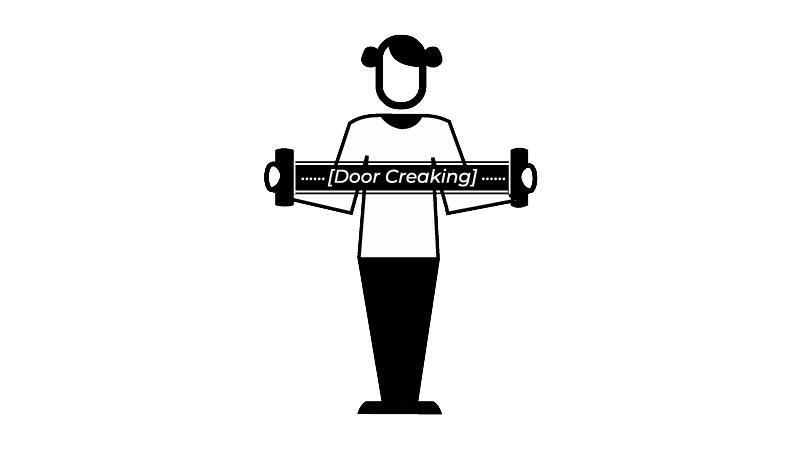Film and TV drama
Subtitler (Film and TV drama)
Also known as: Translator, Translator subtitler

What does a subtitler do?
Subtitlers make it possible for films to be enjoyed by audiences all over the world and by the deaf and hard of hearing. They translate all the dialogue, music and sound effects of a film into two-line written captions that appear on the screen, either in the language in which the film is made or in a foreign language.
After carefully watching and listening to the whole film, they write captions with accurate time codes that describe music and sound effects as well as the dialogue and voice-overs. The captions have to be punctuated and spelt correctly and should be on the screen long enough to be read easily. Translating subtitlers translate the dialogue and write subtitles in the language for a particular audience.
Once they’ve done that and checked that all spelling is correct and that captions don’t obscure characters’ faces, the files are sent to the mastering house (transferring the final soundtrack onto the film in all the various formats). It can then be distributed to cinemas offering subtitled screenings or to cinemas around the world.
Subtitlers are usually employed by specialist post-production companies but sometimes work on a freelance basis.
Watch
What's a subtitler good at?
- Grammar: spell, punctuate and use grammar accurately
- Languages: translate the dialogue into the required language sensitively (for translator subtitlers)
- Screen spatial awareness: understand how captions will appear on a screen and their impact on the viewing
- Attention to detail: work precisely to tight deadlines with text and timing
- Interest in deaf audiences: care about the experiences of the deaf and hard-of-hearing
- Use of software: be adept in using the subtitling software
How do I become a subtitler?
Many post-production companies that offer subtitling services train the subtitlers themselves. Or you could do an MA in subtitling.
At school or college:
A-levels or Highers in drama and theatre, English, modern foreign languages, music, art and design, photography, graphic design, graphic communication and media studies are useful.
Get a degree:
Have a look at ScreenSkills’ list of recommended courses in film and TV. We recognise courses with our ScreenSkills Select award where they offer training in the relevant software, dedicated time to building a portfolio and have strong links with the film and TV industries. Choose one which gives you access to post-production facilities.
Get a master’s degree:
SUBTLE, the subtitlers’ association, provides a list of UK universities offering courses in subtitling.
Network:
Go to ScreenSkills events, especially Open Doors where you can meet people who work in post-production.
Network online:
Join SUBTLE on Facebook. Get talking to other subtitlers for tips on getting into the industry.
Look on the websites of post-production facilities:
Ask if you can do work experience. See if they are looking for a subtitler.







